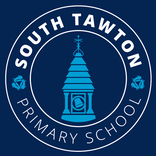Intent
South Tawton Primary School is determined that every pupil will be able to confidently communicate their knowledge, ideas and emotions through their writing and also write for pleasure regardless of their background, needs or abilities. The majority of pupils will make sufficient progress to meet or exceed age-related expectations. Teachers will choose high quality stories, poems, rhymes and non-fiction texts as models for their own writing and develop pupils’ vocabulary, understanding of grammar in context and familiarity with spelling patterns.
Aims
South Tawton Primary School is determined that every pupil will be able to confidently communicate their knowledge, ideas and emotions through their writing and also write for pleasure regardless of their background, needs or abilities. The majority of pupils will make sufficient progress to meet or exceed age-related expectations. Teachers will choose high quality stories, poems, rhymes and non-fiction texts as models for their own writing and develop pupils’ vocabulary, understanding of grammar in context and familiarity with spelling patterns.
Aims
- Acquire a wide vocabulary, a solid understanding of grammar and be able to spell new words by effectively applying the spelling patterns and rules they learn throughout their time in primary school.
- Write clearly, accurately and coherently, adapting their language and style in and for a range of contexts, purposes and audiences.
- Take pride in the presentation of their writing, in part by developing a good, joined, handwriting style
- Refine and edit their writing over time, developing independence in the ability to identify their own areas for improvement in all pieces of writing, editing their work effectively during and after the writing process.
- Write daily in a range of contexts and for a range of purposes
Implementation
When planning literacy lessons, teachers make links to other areas of the curriculum to ensure that cross curricular links provide further context for learning. Teaching blocks focus on fiction, non-fiction or poetry, in line with the 2014 National Curriculum and comprehension, grammar and writing are embedded in lessons. Lessons sequences themselves build progressively towards an extended piece of writing. Handwriting is also taught within literacy lessons, and outcomes in KS2 are recorded in literacy books to promote a high level of pride and presentation across all written outcomes.
Assessment for Learning is embedded in literacy lessons and children are active in reviewing the successes in their work and identifying, with support from their teacher, target areas for development to ensure a continuous and individualised approach to improving their work.
When planning literacy lessons, teachers make links to other areas of the curriculum to ensure that cross curricular links provide further context for learning. Teaching blocks focus on fiction, non-fiction or poetry, in line with the 2014 National Curriculum and comprehension, grammar and writing are embedded in lessons. Lessons sequences themselves build progressively towards an extended piece of writing. Handwriting is also taught within literacy lessons, and outcomes in KS2 are recorded in literacy books to promote a high level of pride and presentation across all written outcomes.
Assessment for Learning is embedded in literacy lessons and children are active in reviewing the successes in their work and identifying, with support from their teacher, target areas for development to ensure a continuous and individualised approach to improving their work.
Impact
The impact on our children is clear: progress, sustained learning and transferrable skills. With the implementation of the writing journey being well established and taught thoroughly in both key stages, children are becoming more confident writers and by the time they are in upper Key Stage 2, most genres of writing are familiar to them and the teaching can focus on creativity, writer’s craft, sustained writing and manipulation of grammar and punctuation skills.
As all aspects of English are an integral part of the curriculum, cross curricular writing standards have also improved and skills taught in the English lesson are transferred into other subjects; this shows consolidation of skills and a deeper understanding of how and when to use specific grammar, punctuation and grammar objectives.
We hope that as children move on from South Tawton Primary School to further their education and learning, their creativity, passion for English and high aspirations travel with them and continue to grow and develop as they do.
The impact on our children is clear: progress, sustained learning and transferrable skills. With the implementation of the writing journey being well established and taught thoroughly in both key stages, children are becoming more confident writers and by the time they are in upper Key Stage 2, most genres of writing are familiar to them and the teaching can focus on creativity, writer’s craft, sustained writing and manipulation of grammar and punctuation skills.
As all aspects of English are an integral part of the curriculum, cross curricular writing standards have also improved and skills taught in the English lesson are transferred into other subjects; this shows consolidation of skills and a deeper understanding of how and when to use specific grammar, punctuation and grammar objectives.
We hope that as children move on from South Tawton Primary School to further their education and learning, their creativity, passion for English and high aspirations travel with them and continue to grow and develop as they do.








